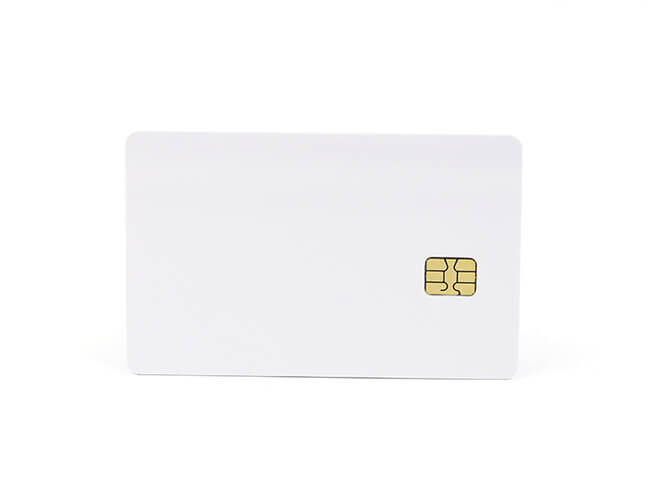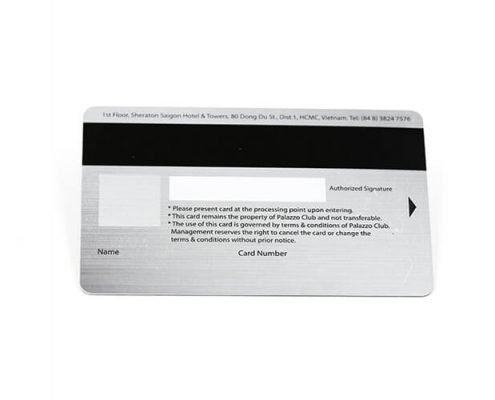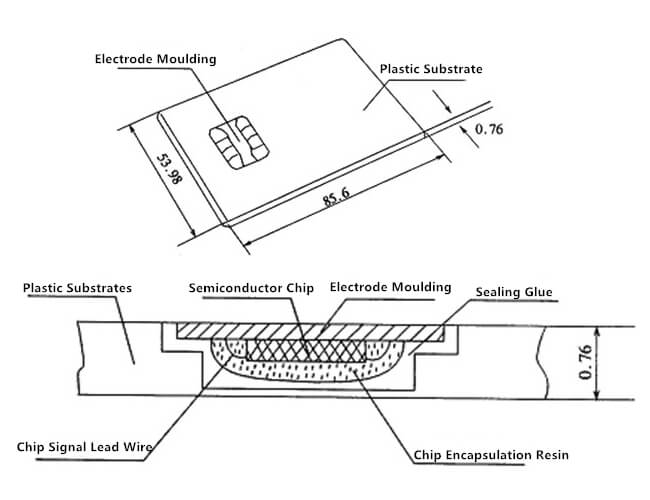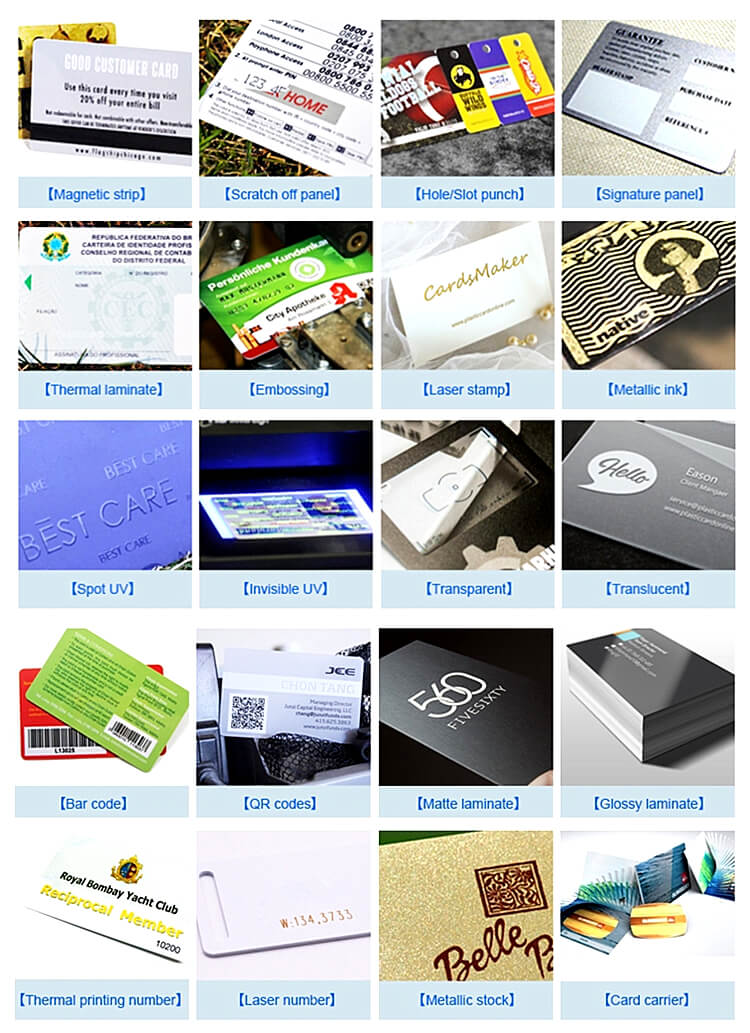1. Storage capacity:
Magnetic cards can only store a few hundred bytes at most, and magnetic strips can also be used as a passive storage intermediary. IC cards can store 1M bytes, and the storage area can be divided, with different access levels.
2. Encryption
The magnetic card has no control circuit, so the internal data reading and writing cannot be safely controlled. The reading technology is also sequential and mechanical, while the IC card can control the circuit to read and write and erase its internal data. Reading technology is random.
3. Network dependence:
When the magnetic card is in use, it is necessary to ensure the extremely strong real-time performance between the terminal and the host. Once the host or network fails, the entire system will be paralyzed. The IC card can store a large amount of data and is controlled by a logic circuit. Completed independently by the terminal, completely getting rid of the terminal’s dependence on the network.
4. Service life:
Magnetic cards have a short service life, generally between two months and one year, while IC cards can last for more than ten years without artificial damage.
5. Anti-interference:
Magnetic cards are poor in anti-magnetic, anti-static, waterproof, etc., and magnetic strips cannot be wiped randomly, and IC cards are strong in these aspects, but the chip should be kept clean.
6. Anti-counterfeiting:
Magnetic cards are easy to forge, and the IC card itself has strong logical encryption so that the forgery rate is almost zero.
7. IC card reading and writing equipment is simpler and more reliable than magnetic card reading and writing equipment, with lower cost, easy promotion, and convenient maintenance.



















